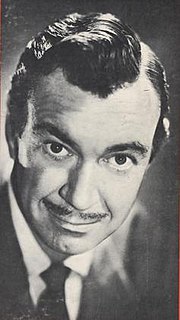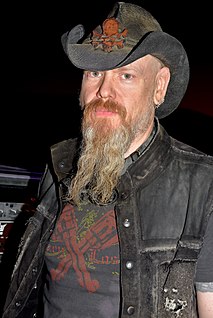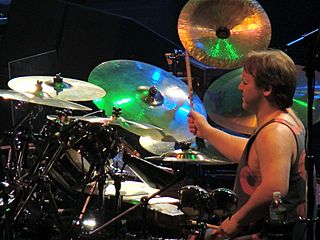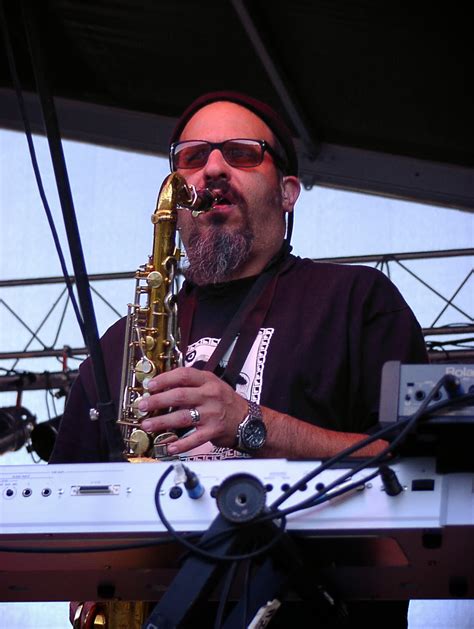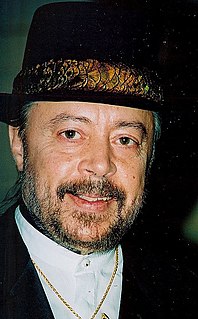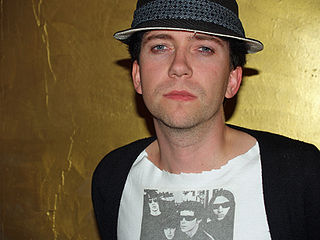A Quote by Ruben Blades
Every band had their own distinctive sound, but it was pretty much dancing music and rhythmic music with a tremendous emphasis on copying the Cuban models.
Related Quotes
The white music was melodic and pretty, and you had beautiful women's voices like Gogi Grant and even the Andrews Sisters. Then I went directly to rhythm and blues, which had beautiful voices but not much melody in particular and pretty much the same chord pattern. I loved it, I was entrenched in it, but then folk music came in the middle of that for me, and made its own path. And it was part of the rebellion against bubblegum music, or music that is pretty but doesn't say anything.
I'm 13 to 17, 18 years old; I thought that's what the world was like. It never occurred to me that this was a very unusual period in music history. So I went on assuming that one day I'm going to have my band like my heroes had their own band. So people ask me this question all the time - they go, "Bass is basically a background instrument." The other thing is that in urban music, Black music, the bass has a much higher profile.
I think some of my inspiration came from just being around music. My family was into music. My uncle had his own band and my father use to sing in my uncle's band. If you want to go to the music influences we could be here all day. That's everybody from Michael Jackson all the way up to people in the game now that inspire me.
I think I'm just trying to show a more mature side of the band and I think we've really come into the sound of our band. With every album we've grown, but I think this is just a really good picture of where we are right now and how we feel our music represents us. Under the thumb of other record companies we haven't had as much creative control and I think with this record we really did our own thing.
The fabulous side of Taboo was dressing up and dancing like no one was watching you. There were no rules. You had Jeffrey Hinton playing every kind of music. It was like going back to when I used to deejay at Planet in '79, where you'd mix in nutty things like hip-hop or reggae or The Sound of Music [1965] or other film soundtracks - whatever.
I don't really care about labels that much. I wouldn't really call our music retro. There are influences of things from the past, which there is in everything. I think we're quite a modern band, actually. We don't record with old equipment. We use computers and programmed drums. We don't use any guitar amplifiers. We're very much a modern band in the sense that we love computers and what they can do to music. I guess we're just good at a different sound.


